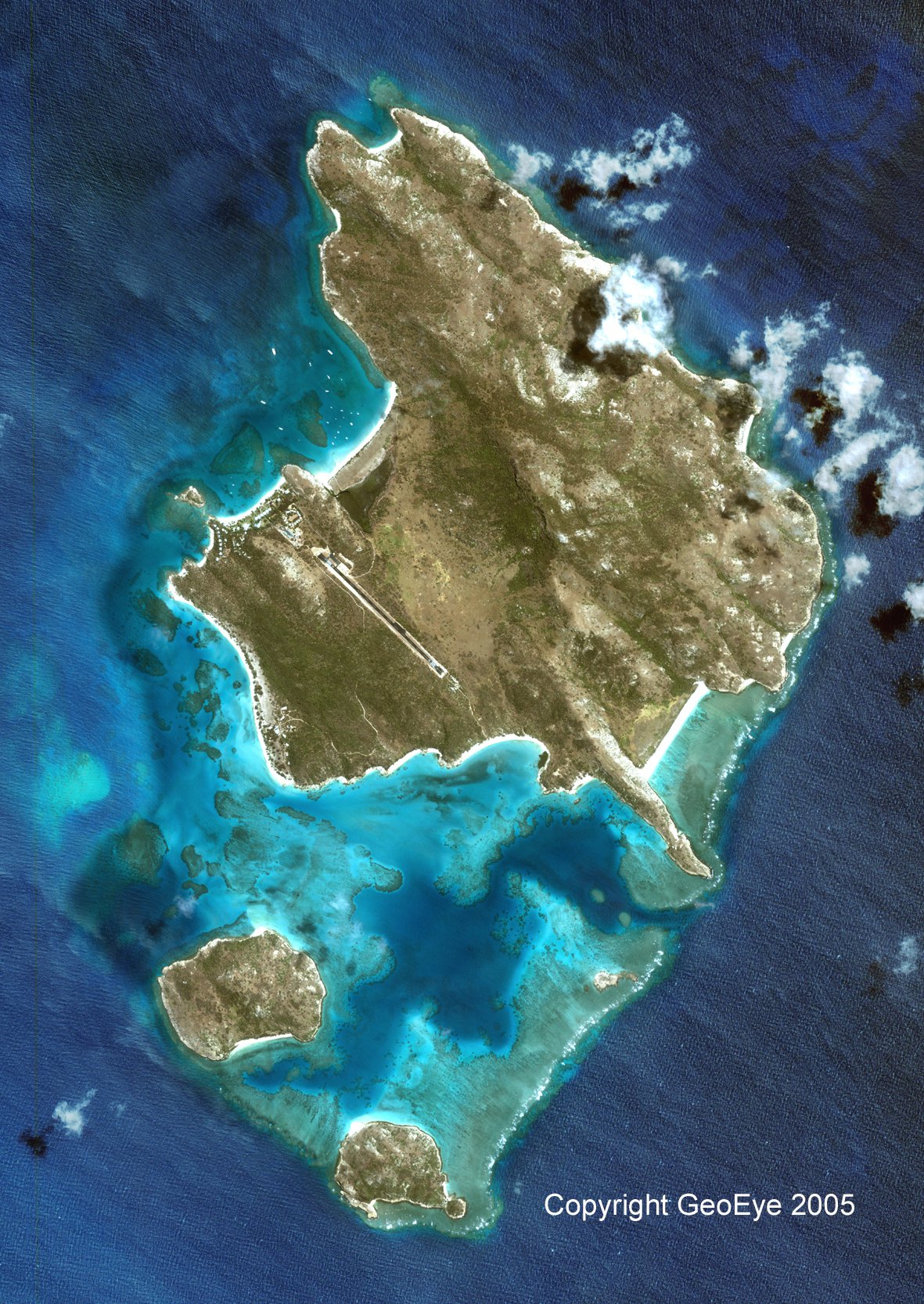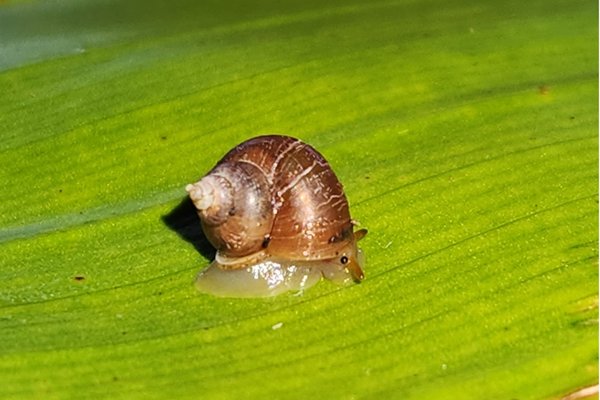Cyclone Ita: Part 2 - The aftermath
Monday 14 April, Cairns.
Yesterday (13 April) two helicopters went to Lizard Island to assess the damage. Both made brief aerial surveys of LIRS then landed at the airstrip. Luckily, the airstrip is undamaged.
In fact, it was remarkably clear with barely a leaf on it. However, an enormous number of trees have been blown over elsewhere and it took the assessors about 30 minutes to traverse 500 metres on a bitumen road.
We thank Marc McCormack (Cairns Post) and Ross Penegar (Lizard Island Resort) for providing us with aerial photos of Lizard Island Research Station (LIRS).
The only roof damage visible in LIRS photos is shredded shadecloth over the outdoor part of the aquarium. All boats seem to be where we left them (high and dry) and the storm surge does not appear to have reached any buildings. This bodes well for the freshwater supply, which could have been contaminated with salt if the surge encroached too far.
The solar array appears to be completely undamaged – thanks to volunteers Snow and Renie who did a wonderful job of clearing around it in February. The 2 km track to the airstrip appears to be thoroughly blocked by fallen vegetation and many trees and the phone towers have fallen.
Amazingly, the photos showed the water around the island to be quite clear, almost as normal. We hope this indicates the reef itself didn’t suffer too badly.
This news was much better than we could have hoped and last night we started making plans to return. Lyle, Alex, Bruce, Cassy and Noel Smith (resort staff) should have arrived there at about 2.30 today, armed with a satellite phone. I will stay in Cairns until communications on the island can be fully restored.
So many people have been sending messages of support and offers of help – thank you all! I will contact all the teams who are due to arrive in the next few weeks individually.

Photo provided under licence from Geoeye, not for commercial use.
There are some difficulties with getting back to normal. Firstly, the infrastructure needs to be put back into shape. Assuming there is little structural damage, this means a lot of chain-sawing, moving vegetation, cleaning, and putting things back to where they belong.
Secondly, there will be no regular barge service and no scheduled flights for the time being. This means no food deliveries and a basic diet for the few staff members taking care of the clean up. If the solar power system is operating, there is enough supplementary diesel to keep the station powered for quite a while. Petrol for boats is in very limited supply and it will be difficult to get more so it must be used carefully.
All these constraints indicate that the clean-up needs to be done by a small team and that research will not be able to continue as usual at the moment. We’d love to be able to accept a huge team of volunteers but unfortunately it’s just not practical. We really appreciate all the very genuine offers though! Restricting research is something that really goes against the grain and we will be working hard to get research back on track as quickly as possible.







